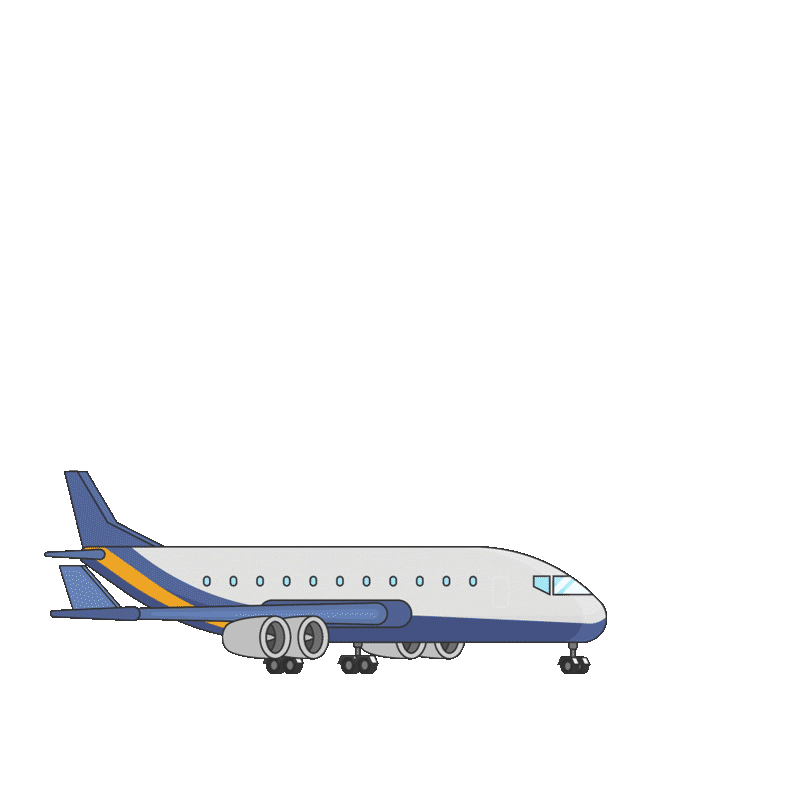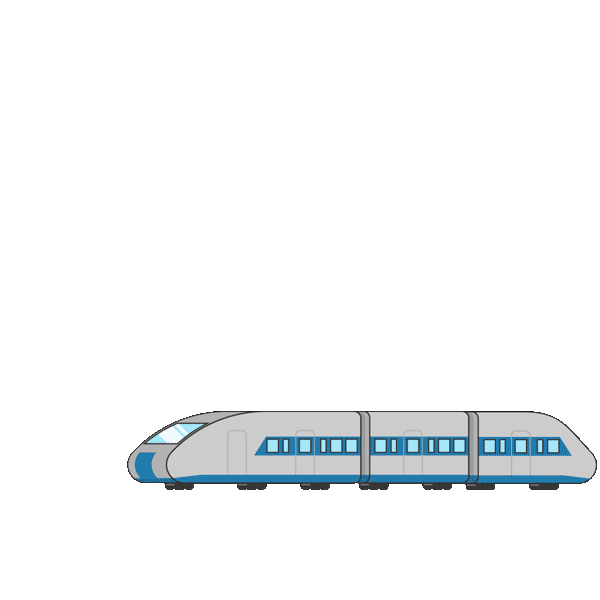The political will to do something about the environmental impact of flying has ebbed and flowed over the years. But in 2018 it looked as if policymakers finally began to understand that aviation will need to be transformed. International flights are responsible for 5% of global warming and rapid growth puts it on track to consume a quarter of the world’s carbon budget by 2050. Without radical change, it will cancel out the efforts of other sectors to decarbonise.
T&E has plotted a ‘road map’ (or flight path!) to avoid this outcome but political leaders and the aviation industry need to act fast. By driving out the use of fossil kerosene fuel through carbon pricing and mandating that aircraft switch to low or zero-carbon synthetic fuels made using renewable energy, the climate impact of flying can be reduced dramatically. The new near-zero-carbon drop-in electrofuels can be produced today and deployed immediately using existing engines and infrastructure. Yet these fuels will have to compete with fossil kerosene, which is much cheaper and tax free. To facilitate the progressive switch to synthetic fuels, demand for kerosene must start to be cut and carbon pricing introduced. Taxing aircraft kerosene and strengthening the EU emissions trading system (ETS) with a tightened cap and no free allowances can help achieve this.
Tax holiday
Which is why a renewed focus on ending the aviation sector’s tax exemptions has been one of the most welcome developments in 2018. In February, former Italian prime minister Enrico Letta, ex-WTO head Pascal Lamy and 15 other economists publicly called for VAT on airline tickets for the first time and to tax aviation kerosene. This, along with other taxes on polluting transport, would help plug the Brexit-shaped gap in the EU’s next budget, they said in a letter to EU leaders. T&E analysis indicates that such taxation within transport could generate additional revenues of more than €50 billion a year, which would allow for ordinary citizens’ income tax burden to be reduced.
Flight ticket taxes, which were introduced in a number of European states to compensate for revenue lost due to aviation’s VAT exemption, can be restructured to deliver greater environmental benefits, an independent study for T&E shows. From taxing the carbon content of fuels to charging planes based on their fuel efficiency, EU governments now have several additional options to incentivise airlines to reduce their environmental impact.
On a wing and a prayer
But for now governments and industry are trying to claim that a UN carbon offsetting scheme for aviation will save the day. Known as CORSIA, the scheme will allow airlines to continue to grow their emissions each year up to 2020 and merely account for any surplus growth by buying worthless offsets. That weak proposition has been further eroded by the rulemaking process behind the scheme. Seven European countries publicly stated they would pull out if environmental safeguards – governing the use of offsets and alternative fuels – are weakened any further. There are already such serious doubts over the environmental effectiveness of carbon offsets that the EU has decided to discontinue their use in its climate policy from 2021 and require all emissions reductions which count towards 2030 targets to occur in Europe. We must avoid a situation where, instead of reducing its own carbon footprint, the aviation sector invests instead in questionable environmental projects, such as the planting of trees that are then cut down.
The UN offsetting scheme risks creating a gap of 96.2 Mtonnes CO2 – equivalent to Europe’s annual steel and iron emissions – if it were to replace aviation’s inclusion in the EU emissions trading system, as airlines are calling for, according to an expert study commissioned by T&E. We worked with the European Parliament and the Commission to send a strong signal to European governments that they should hold off on signing up to CORSIA until the EU has time to fully evaluate its effectiveness versus the ETS in reducing the climate impact of flying. A final decision is expected by 2020.

Nothing to see here
In the meantime it remains a struggle to find out what our governments are deciding behind closed doors at UN meetings. Often, observers and journalists are forbidden from reporting what delegates say – punishable by having their access revoked. As the Economist commented, a “spectacular lack of transparency” at the UN aviation and maritime agencies, ICAO and IMO, is protecting the very industry groups those bodies are responsible for regulating. In 2018, T&E started to chip away at the opacity with a legal action in the Netherlands. Along with legal NGO ClientEarth, we supported our member Natuur & Milieu, which sued the Dutch government for withholding important ICAO documents setting out the basis for its climate measures. Despite the fact that these measures will need to enter into European law, the Dutch government hid behind the argument that ICAO – which is a UN organisation of member states – had not allowed it to share the information with its citizens. Even parliamentarians are not allowed to see the documents. While our case was rejected in a Dutch court, a similar complaint filed by a Dutch MEP with the EU Ombudsman may have success in 2019.
Other campaigns
trucks
Chunky and gluttonous vs fit and sleek. Which one do you bet on?
Ships
Dirty and smelly vs careful and discreet. Which one do you bet on?
Energy
Expensive and unreliable vs cheap and renewable. Which one do you bet on?




